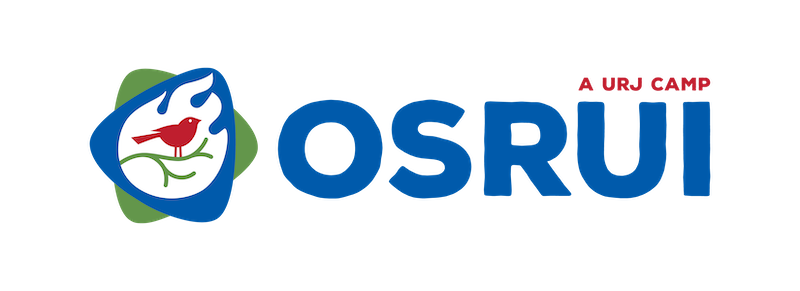“Adolescence can be a time of both disorientation and discovery. This transitional period can bring up issues of independence and self-identity; many adolescents and their peers face tough choices regarding schoolwork, sexuality, drugs, alcohol, and social life.” (Psychology Today) This is part of the definition for adolescence given by PsychologyToday.com. For anyone who has gone through adolescence, this definition rings pretty true. I remember being unsure of myself, watching my friend groups change, struggling with independence, and facing many tough choices.
And I remember camp.
OSRUI was (and is) a constant in my life – especially while growing up. It was a place to be myself, and to be part of a community with my best friends. Sure there were rough patches – arguments with friends, bullying, getting into trouble when I pushed the limits – but OSRUI and the people at OSRUI helped me, in fact pushed me through adolescence as I grew into my adult self. And I saw these same struggles, growth, and discovery in the 8th and 9th graders that were in Moshavat HaTeva this summer while I served as one of their faculty educators (Jewish clergy and educators that are part of the camp community).
Ok. Great. Camp is good. We hear this all the time. Parents who read camp blog after camp blog see this same message about friends and community, how beneficial it is for them to have time away to explore and struggle through adolescence. It’s a powerful message, but an old one. But there is more to the magic of OSRUI. Here’s what I saw during my time at OSRUI.
THE POWER OF WILDERNESS TRIPS; MAKING TEENS THINK BEYOND THEMSELVES
Teens, especially those tweens and young teens, have a difficult time thinking about anyone or anything besides themselves. At camp it’s pretty clear how these young adults are forced to look beyond their own self-interest; camp is a very communal setting where you share everything down to even your bunk.
In Moshavah, the campers go on outward bound style trips – hiking, biking, canoeing, and climbing. The real magic happens on these trips; a canoe partner isn’t paddling, the weight in the packs aren’t distributed in a fair way, and the belay person (the person holding the rope of someone climbing) literally has the climber’s safety in hand by preventing the climber from falling. Those are the biggies, but campers are also responsible for helping prepare meals on trips, making sure everyone has food before they can start eating, setting up the tents correctly so that no one gets wet should it rain.
The campers in Moshavah Alef (first session) go on three 3-day trips while at camp. The difference in their actions from the first trip to their last is pretty astounding. On the first trip people are eating as soon as they get their food instead of waiting for everyone, only setting up their own tent rather than helping their friends, or moving their personal gear first instead of group gear. By the time they get to their third trip, the reminders for group first actions are much fewer and farther between.
There’s a saying among the Moshavah counselors that these kids aren’t really Moshavah campers until after their first trip. I believe it has a lot to do with the fact that they develop an understanding of what it means to think beyond themselves.
Kids come to camp to discover independence; they leave having learned to live and work as part of a community.
Scott Goode serves on segel for Moshavah and is the Assistant Director of Education, Youth, & Engagement at Temple Chai in Long Grove, IL




